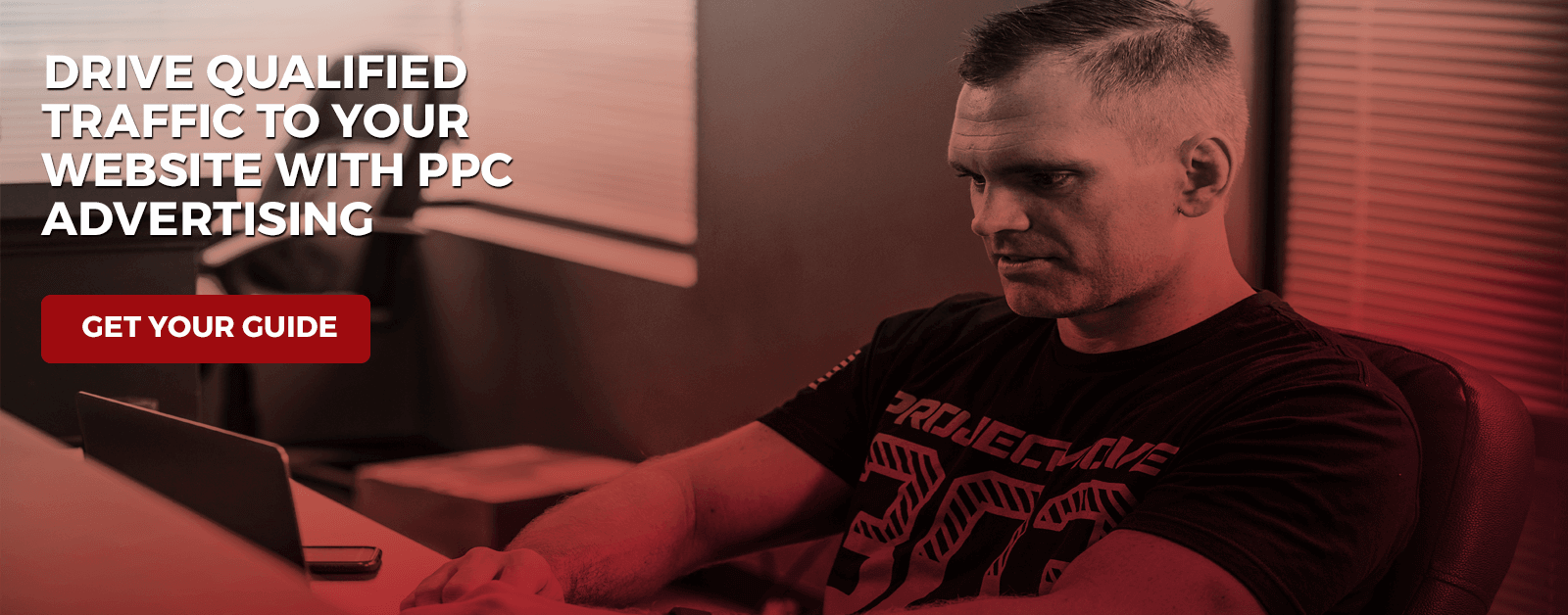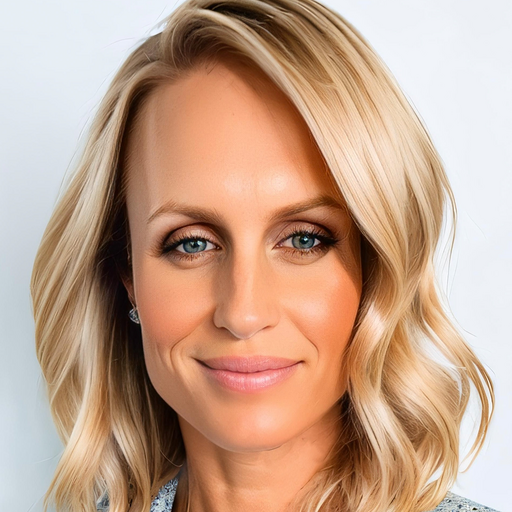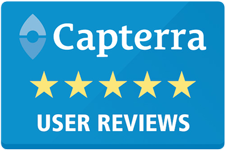Expand Your Fitness Business Marketing Strategy with AdWords Express


Over the past several weeks, we’ve focused on providing tips for optimizing your website to help improve its organic visibility. An all-around healthier site with quality content and white-hat optimization tactics is bound to have better visibility than a site with thin content that’s missing important components like metadata.
Now that we’ve covered organic search, we highly recommend expanding into paid search to get more visibility, and ultimately more traffic and leads, to your website.
Key PPC Statistics
Paid search advertising is a great way to get additional relevant traffic to your website. The statistics below speak to the importance of advertising on Google AdWords.
• 70% of mobile searchers call a business directly from Google Search
• Phone leads from PPC visitors are three times more likely to convert
• There are over 1.2 million businesses advertising on Google
• 33% of all Google search clicks are generated through mobile
• Online marketing, including PPC ads, is 54% successful at generating leads (Local TV advertising is only 1% successful at generating leads)
• Businesses make an average of $2 in revenue for every $1 they spend in AdWords
• 45.5% of people can’t tell the difference between organic and paid search results
• On average the top three paid ad spots get 41% of clicks
• In a Marketing Sherpa study, only 9% of marketing experts said they did not consider PPC effective at generating business leads
There’s one other spot that you can find title tags besides viewing the code of each page. When you’re on a webpage, such as the blog you’re reading, look at the top of your browser. The copy that appears at the very top of your browser is the title tag for the page you’re on. Below you can see how the title tag on Zen Planner’s homepage appears in a user’s browser.
Benefits of PPC Advertising
There are several benefits of running a pay-per-click advertising program to promote your fitness business. Below are some of the main benefits.
• You only pay when an interested person clicks – PPC is extremely straightforward, especially when you’re not paying for impressions
• You control how much you pay – every month you set a budget, so there won’t be overspend surprises at the end of the month
• With specified targeting, you can reach the right consumer at the right time with the right message – Google AdWords enables you to target specific locations, times of the day, languages and devices, so you can ensure you’re paying to get clicks from your ideal audience
• Unlike organic search, PPC can show results quickly – while optimizing your website is extremely important, it takes a while to start seeing results. With paid advertising, you can launch a campaign on Friday morning, and start seeing clicks a couple hours later
• You can control how users enter your site – with organic search, you can optimize pages for certain terms, but you’re at the mercy of Google when it decides which page it will display in the search results for specific queries. With paid search, you choose the destination URL you want visitors to enter your site on for every single keyword
• PPC can help pick up the slack – do you feel like you have poor organic visibility for key terms? If so, add those terms to your PPC program to ensure you have first page visibility for them
• You can actually see which keywords are driving traffic – Google began withholding keyword data for organic searches a couple years back. When you run paid ads, you can see which queries triggered your ads to appear, as well as the top keywords that users are searching on
PPC Through AdWords Express
Clearly, pay-per-click advertising is a great way to get your fitness business’s name in front of relevant searchers in your area. If you have never ventured into paid search advertising on Google or Bing, it can be a bit overwhelming at first, which is why we highly recommend starting with AdWords Express.
AdWords Express from Google is a fully automated advertising solution designed specifically for local businesses and first-time advertisers. When you run an advertising campaign on the regular AdWords platform, you must create your own keyword list and targeting, as well as manage your campaigns on a daily basis. With AdWords Express, you simply have to choose your business category and location, write three lines of copy about your business (we’ll provide some ad copy tips later in this post), set your budget and Google will handle the rest for you. Google will display your ads for searches that it finds relevant to your business within the location you choose, whether that be your neighborhood, city or state. The best part is, you don’t even need a website to run these ads. If you’re just getting started and don’t have a website yet, you can send visitors to your Google Business page.
Ad Copy Tips
While you won’t have to create a keyword list with AdWords Express, you do have to write ad copy. In Google, ads contain three lines of text, a title and two lines of descriptive copy. Each line has character limits, as seen below.

Make the most of the limited characters in each line by following these guidelines:
• Title: Try to include your fitness business category combined with the city you’re located in (example: CrossFit Box in Denver or Martial Arts in Boston). Consider running the same ad text with one title that contains your fitness business category and city name, and another with your business’s name.
• Body Lines: In my experience, I’ve typically seen higher ad performance when capitalizing the first letter of each word (compared to using sentence case) and having each text line act as a standalone sentence. You definitely can use both lines to have one continuing sentence, but sometimes Google will place the first text line in the same line as the title of your ad, which can make the ad confusing to read if your text lines aren’t standalone sentences.
• Text Line 1: Use this line to speak to your target audience. Are you targeting elite athletes, or those who are looking to get in shape? Explain how your target can reach their fitness goals by joining your fitness business.
• Text Line 2: This line should be focused around a call-to-action (CTA). What action do you want users to take once they click on your ad? Do you want them to call today to set up a new member consultation? Do you want them to signup for a free intro class on your website? Identify the desired action you want these users to take, and encourage them to do so in your ad text.
PPC Monthly Budgets
The final piece for getting started with an AdWords Express account is to set your budget. The size of your city will have a big impact your potential ad spend. If you live in a small town, or only want to target a small area right around your fitness business, you might have a difficult time spending through your budget if the search volume isn’t there. However, if you live in a large city, you could spend through a decent-sized budget fairly quick. When testing your potential spend, we recommend allocating at least $400, ideally closer to $600-$800/month. If you allocate too little to this program, you will only get a couple clicks a day and will have a hard time whether or not this program will actually work for you.
You now have everything you need to know to get started with your very own AdWords Express account. Fortunately, Google is also there to help you with setting up your account. They offer free setup help for new advertisers, which you can get by calling 1-855-500-2762. Stay tuned to our blog, as our next PPC post will discuss how to go about setting up a regular (non-Express) account in AdWords.
Ready to dive right into PPC advertising to better promote your fitness business? We’re here to help! Download our free Guide to Pay-Per-Click Advertising. This guide covers everything from creating a keyword list and solid campaign structure to writing effective ad copy.


I’m Coach Kelli, a devoted CrossFit gym owner with 15 years of experience managing my facility, along with owning yoga studios and wellness centers. Beyond the fitness world, I have a passion for cooking, cherish moments with my children and family, and find joy in spending time outside. Having experienced the highs and lows, I’m dedicated to leveraging my expertise to help you grow and succeed on your fitness journey.

I’m Coach Kelli, a devoted CrossFit gym owner with 15 years of experience managing my facility, along with owning yoga studios and wellness centers. Beyond the fitness world, I have a passion for cooking, cherish moments with my children and family, and find joy in spending time outside. Having experienced the highs and lows, I’m dedicated to leveraging my expertise to help you grow and succeed on your fitness journey.







